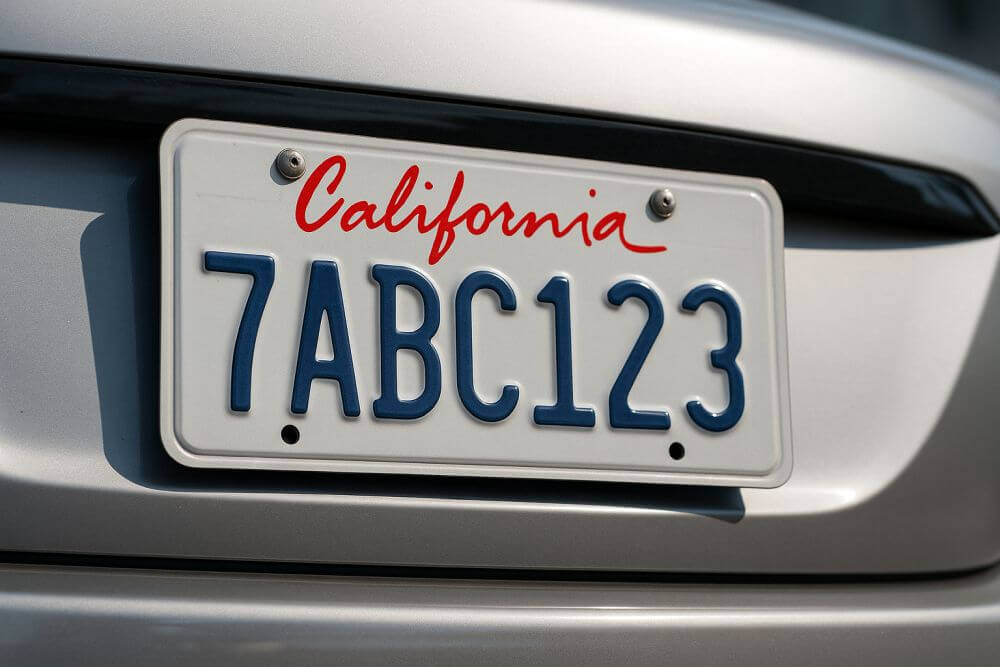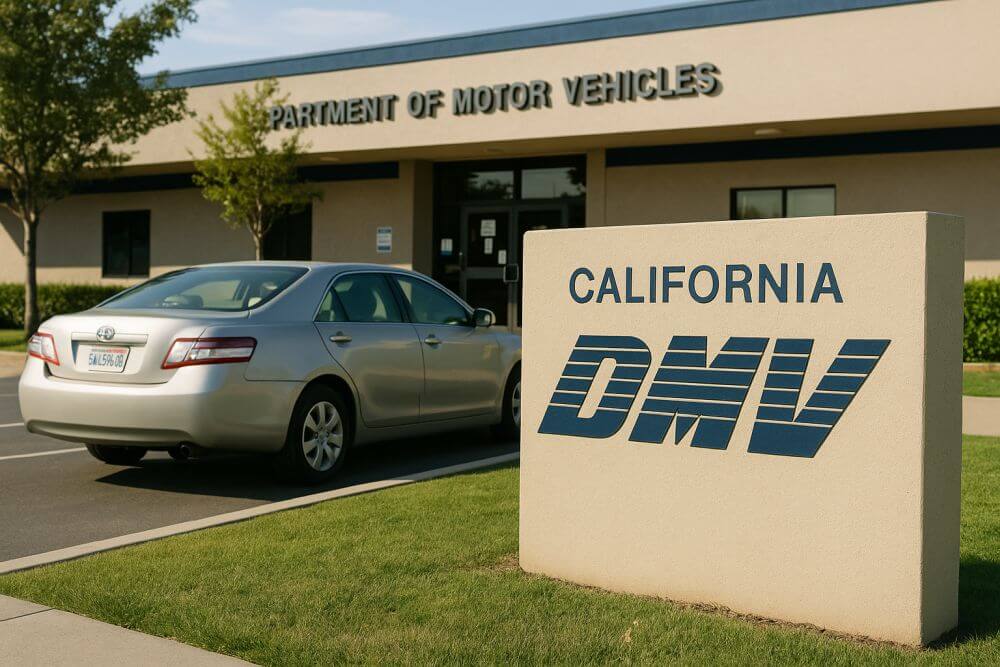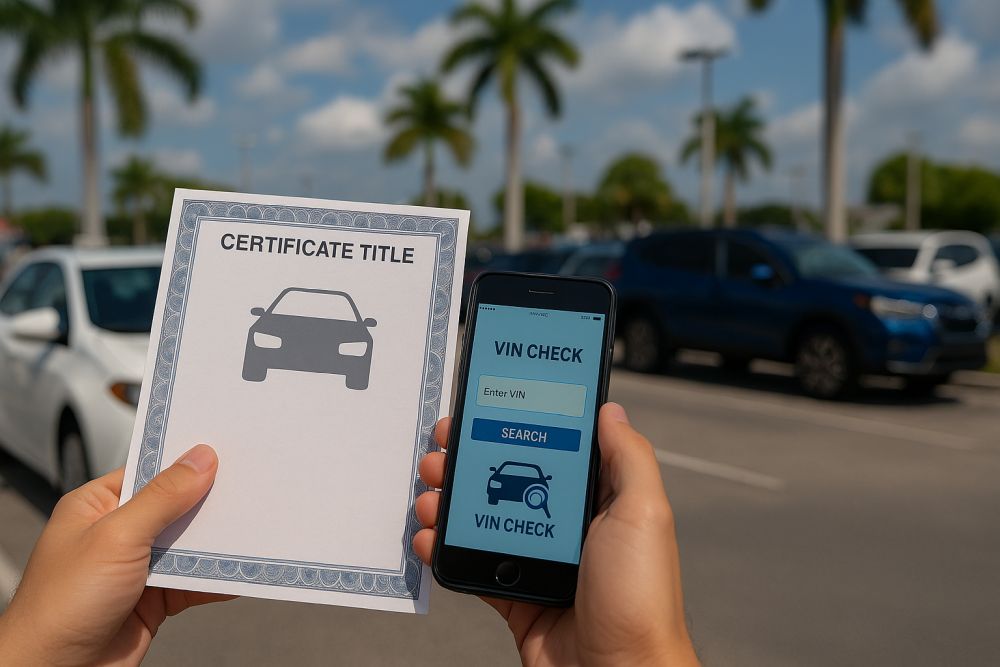When buying or registering a used car in Connecticut, emissions standards are one of the most critical requirements to understand. Connecticut has some of the strictest emissions regulations in the country, designed to improve air quality and reduce pollution. Whether you’re a buyer, seller, or current vehicle owner, knowing how these standards affect you is essential to avoid costly surprises.
What Are Emissions Standards?
Emissions standards set legal limits on the amount of pollutants a vehicle can emit. These regulations help control harmful gases like nitrogen oxides (NOx), carbon monoxide (CO), and hydrocarbons, all of which contribute to smog and poor air quality.
In Connecticut, emissions testing is part of the state’s ongoing effort to comply with federal Clean Air Act requirements and to ensure a cleaner environment.
Which Used Cars Need Emissions Testing in Connecticut?
Most gasoline-powered vehicles between 4 and 25 years old must undergo emissions testing every two years. This rule also applies to many diesel vehicles.
Some exemptions include:
-
Vehicles that are less than four years old
-
Fully electric vehicles
-
Classic cars registered as antique (over 25 years old)
-
Vehicles with a gross vehicle weight rating (GVWR) of over 10,000 pounds
When Is an Emissions Test Required?
An emissions test is generally required:
-
Every two years for eligible vehicles
-
Before registering a used car purchased from a private seller
-
After a failed test (you must repair and retest)
If you’re buying a used car from a dealership, the dealer is typically responsible for ensuring the vehicle has passed the emissions test before sale.
What Happens if a Car Fails the Emissions Test?
If your car fails, you will receive a report detailing the reasons for failure. You are then required to make the necessary repairs and have the vehicle retested. Connecticut offers a Repair Cost Waiver if you’ve spent at least a certain amount on emissions-related repairs but still cannot meet standards. However, this is subject to strict eligibility criteria.
Why Emissions Compliance Matters for Buyers
When buying a used car, especially from a private party, always verify its emissions compliance. A vehicle with unresolved emissions issues could:
-
Prevent you from registering the car
-
Lead to unexpected repair costs
-
Result in penalties or fines
A VIN-based vehicle history report from VinCheckPro.com can help you identify past emissions failures, recall issues, and more — giving you better confidence in your purchase decision.
Tips to Ensure Compliance
-
Check the car’s most recent emissions test certificate
-
Ask for maintenance records related to emissions components
-
Verify VIN-based emissions history through a free vehicle report
-
Budget for potential repairs if buying an older or high-mileage car
Conclusion
Connecticut’s emissions standards for used cars are designed to protect the environment and ensure public health. While they might seem strict, they ultimately help maintain cleaner air and reduce long-term costs for car owners. If you’re considering buying a used car in Connecticut, make sure emissions compliance is at the top of your checklist.
Get Your Free VIN-Based Vehicle History Report
Before buying, always run a free VIN check at VinCheckPro.com to uncover hidden emissions issues and ensure your next car meets Connecticut’s strict standards.
Frequently Asked Questions
Do all used cars in Connecticut need an emissions test?
No. Vehicles under four years old, fully electric cars, antique vehicles over 25 years old, and vehicles with a GVWR over 10,000 pounds are generally exempt.
What if my used car fails the emissions test?
You’ll receive a failure report and must repair the car before retesting. In some cases, you might qualify for a waiver if repair costs exceed certain limits.
How often do I need to have my car tested?
Most vehicles need to be tested every two years.
Can I sell a used car in Connecticut without an emissions test?
Private sellers can sell a car without a current test, but the buyer must pass emissions before registering it. Dealers are required to provide a valid emissions certificate.
How can I check a car’s emissions history?
A free VIN-based vehicle history report from VinCheckPro.com can show past emissions failures, repairs, and other important compliance details.


